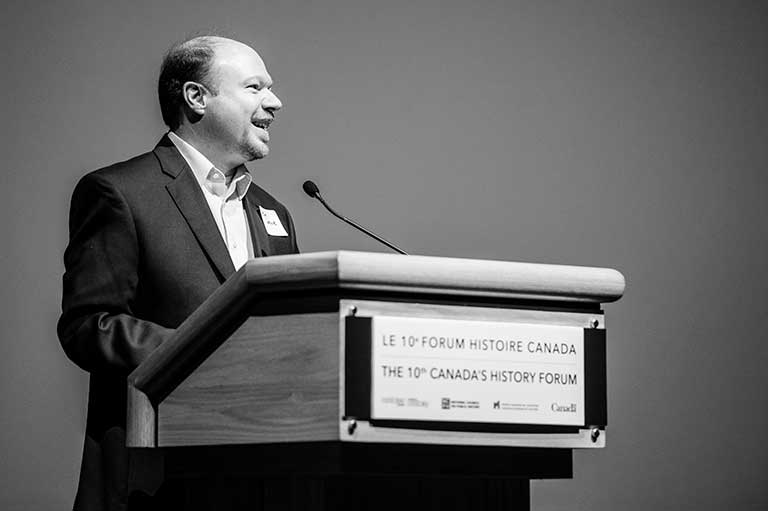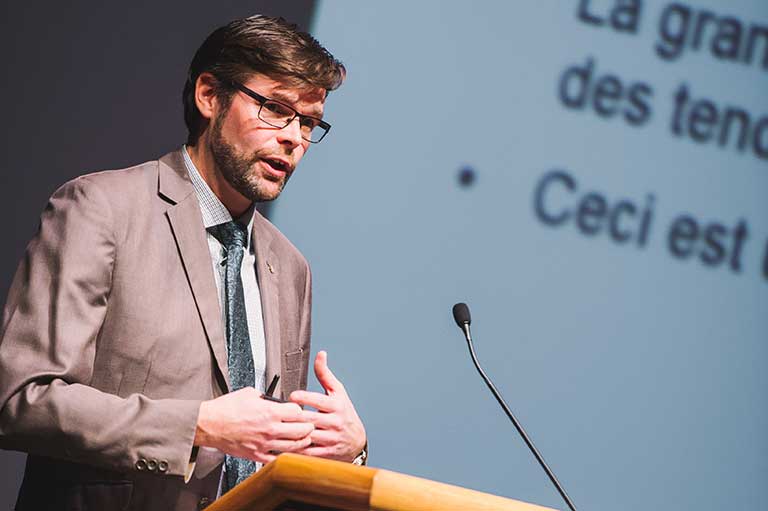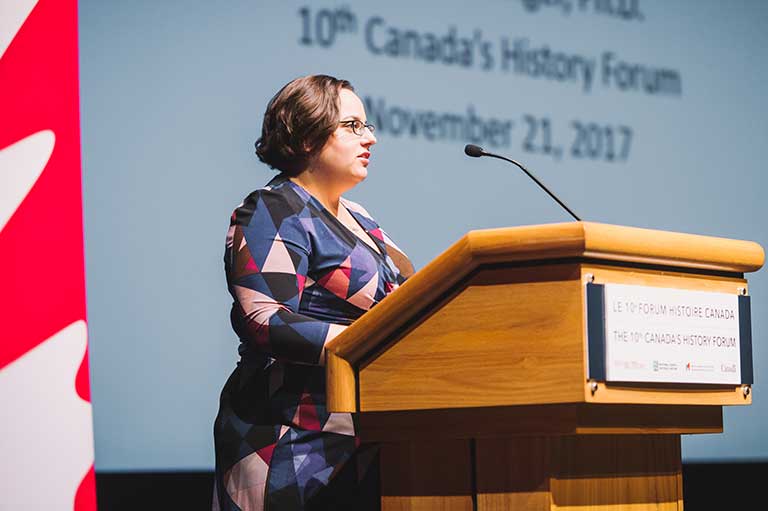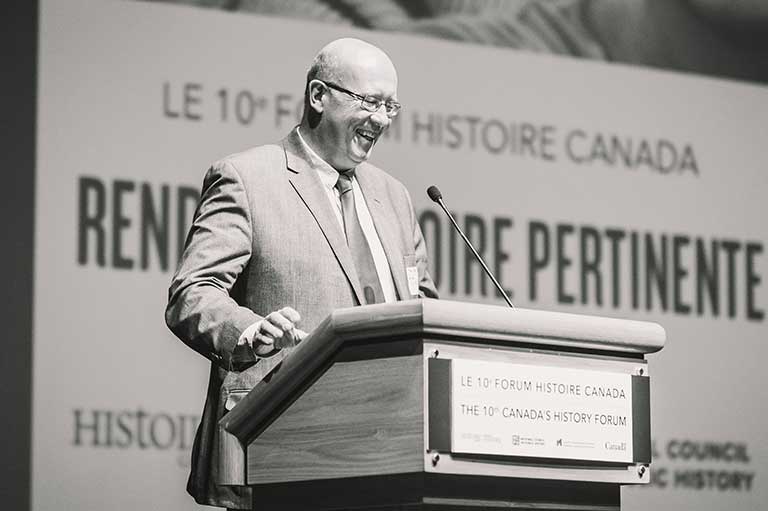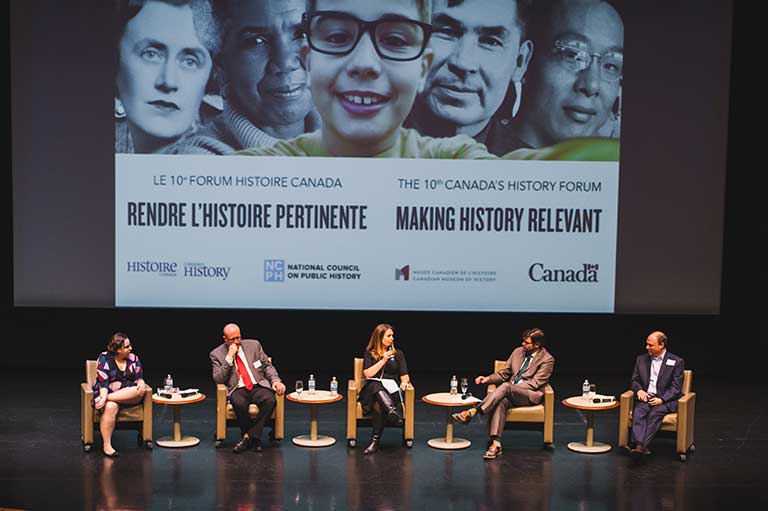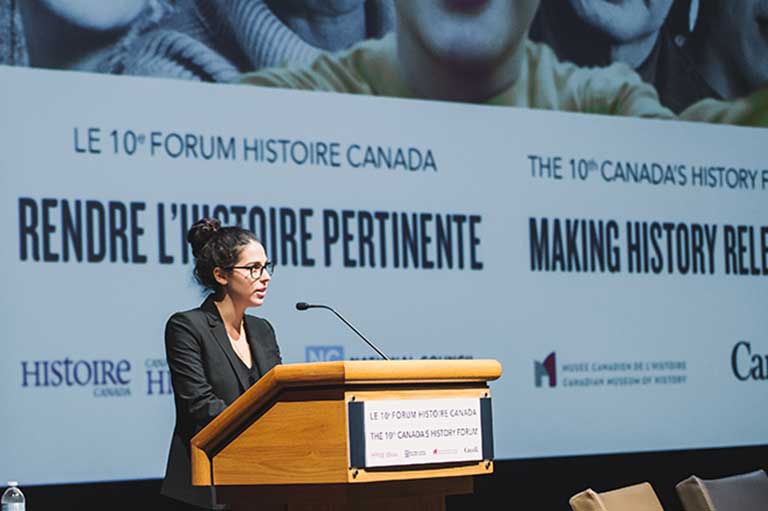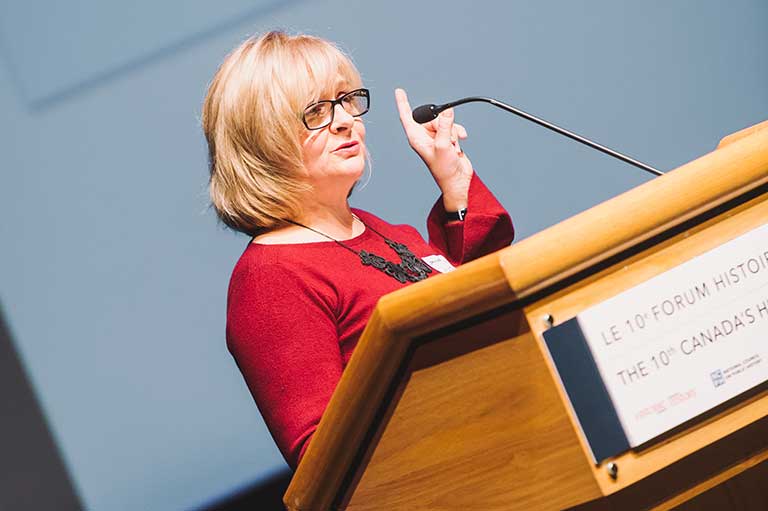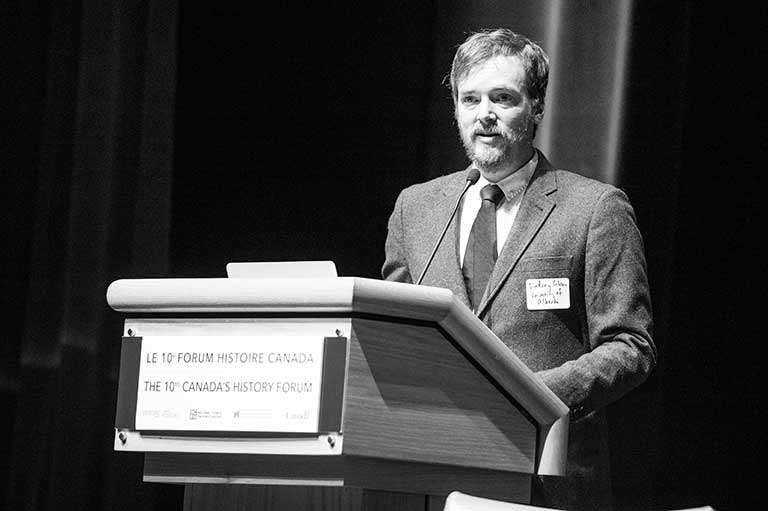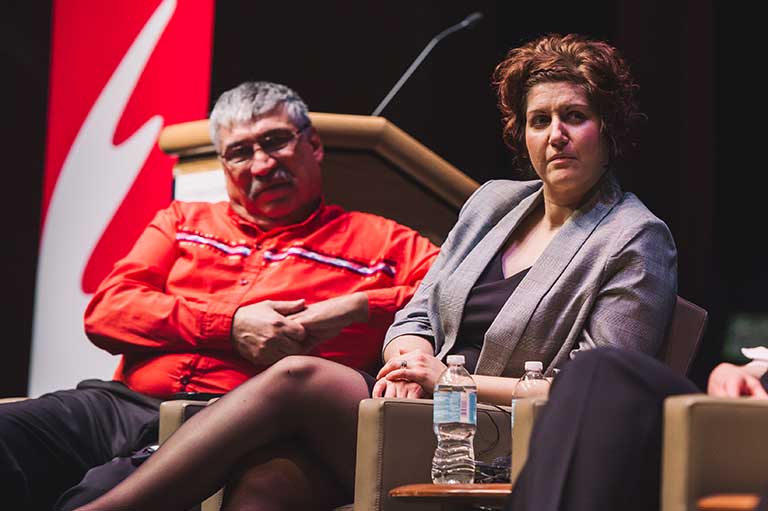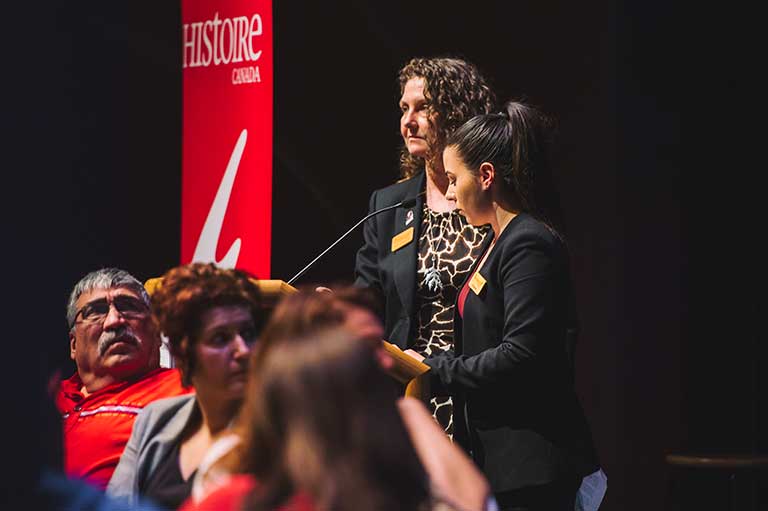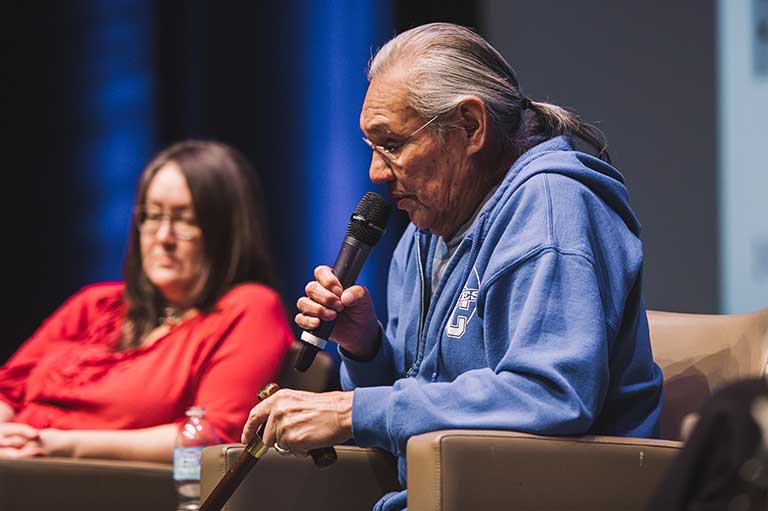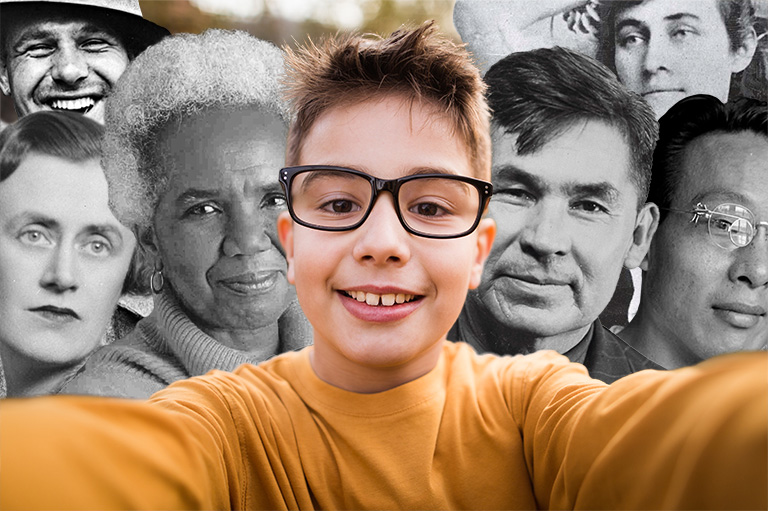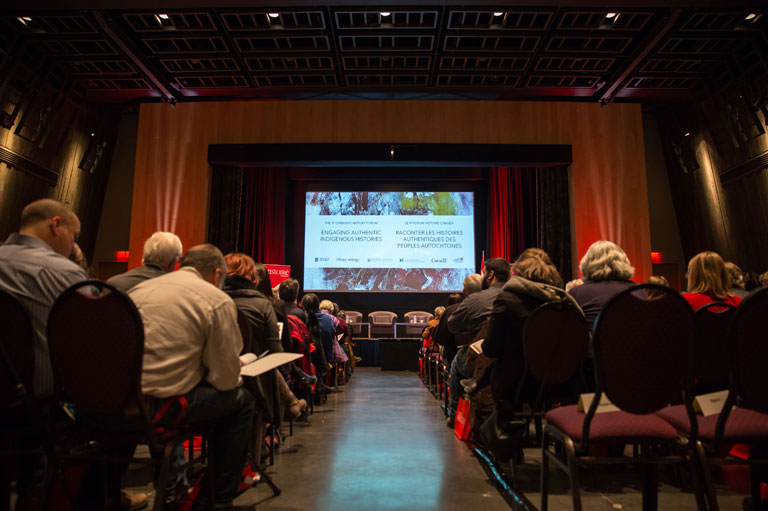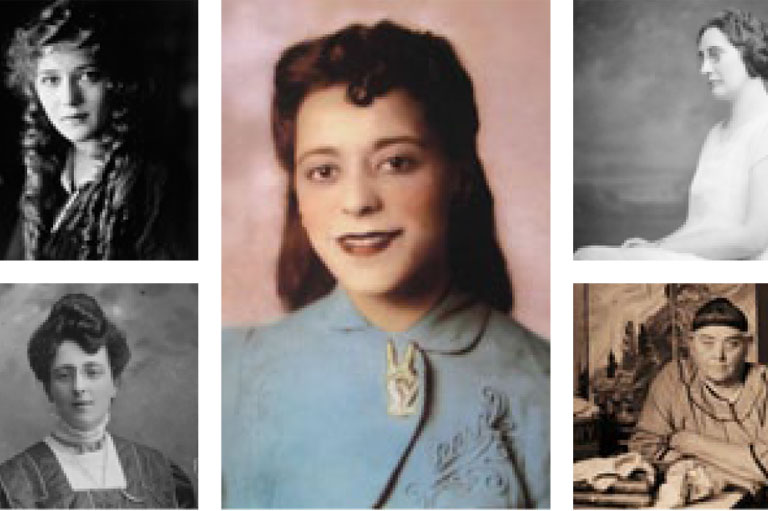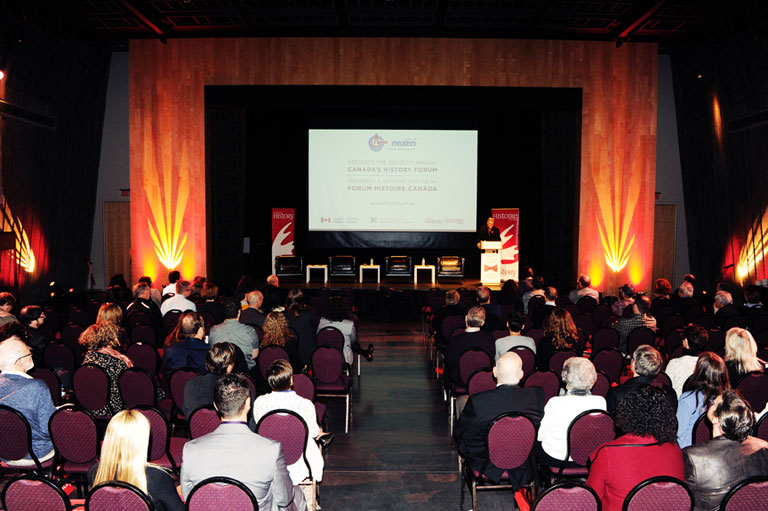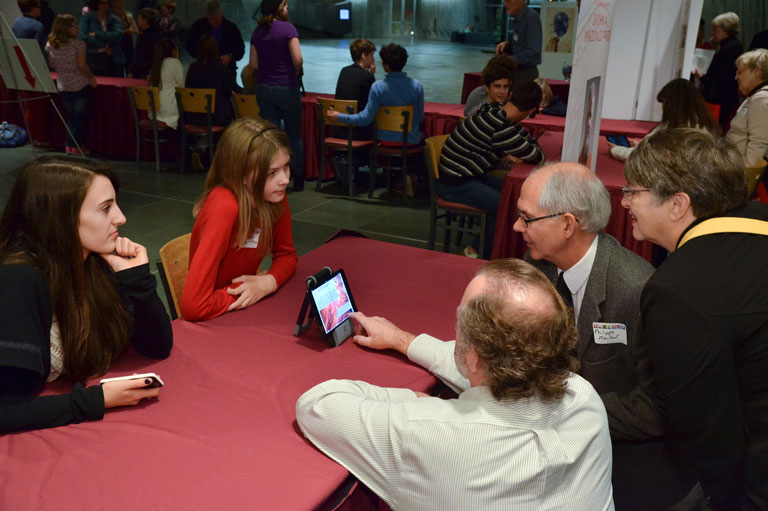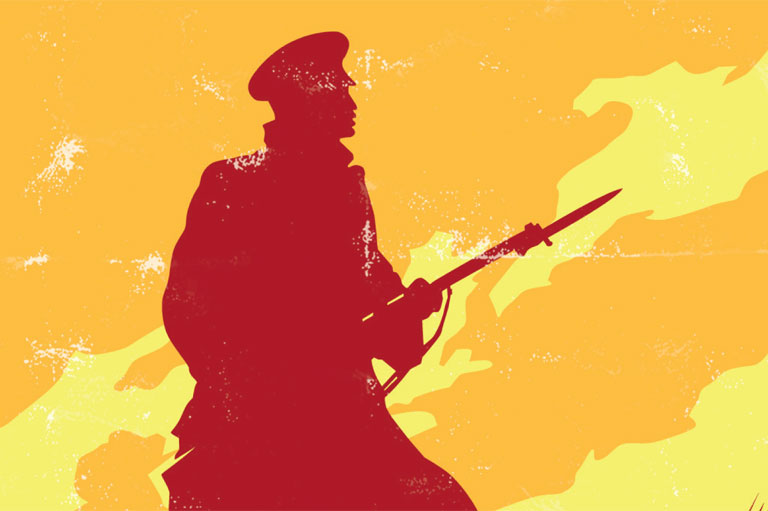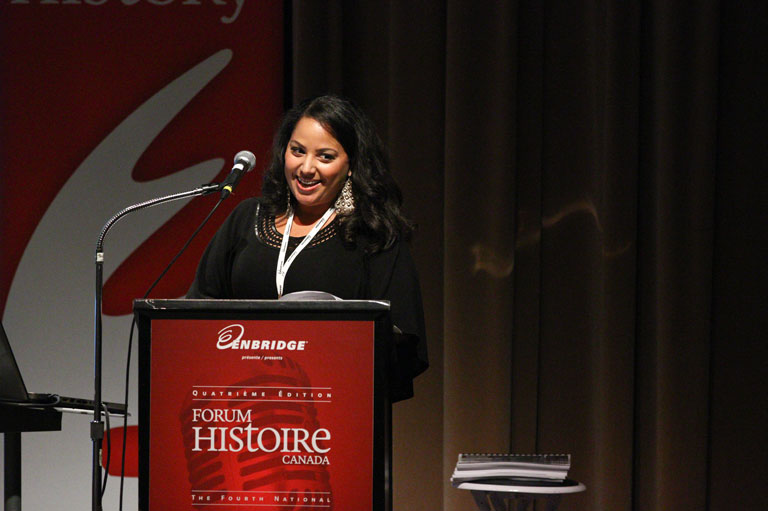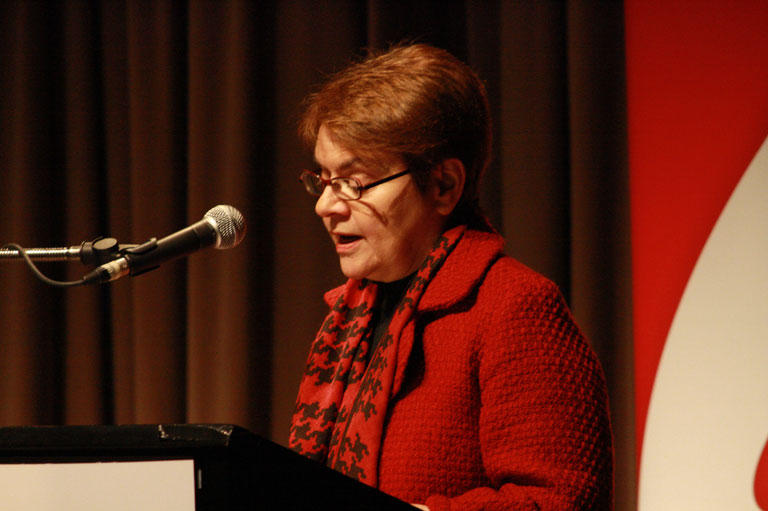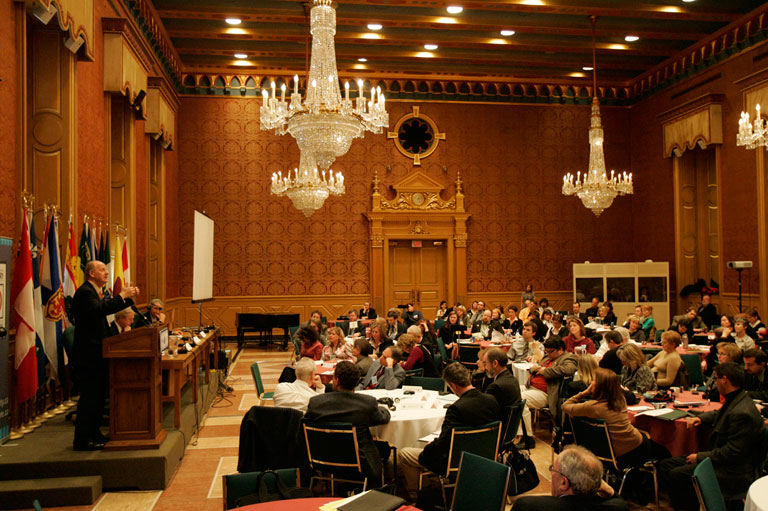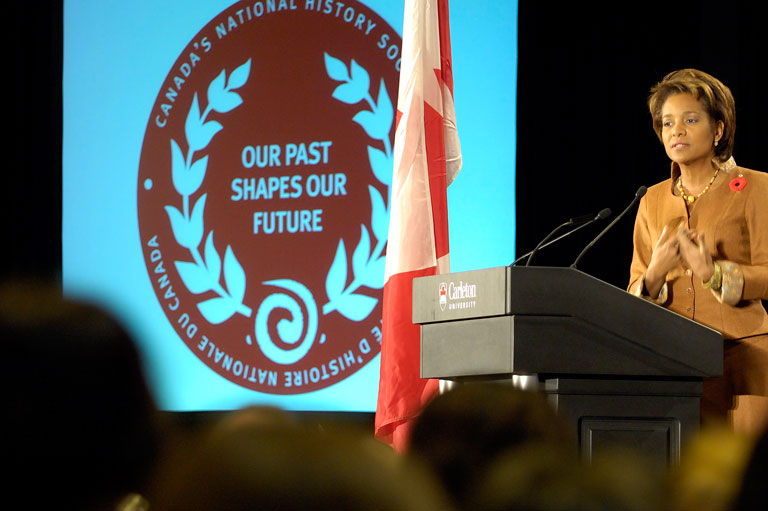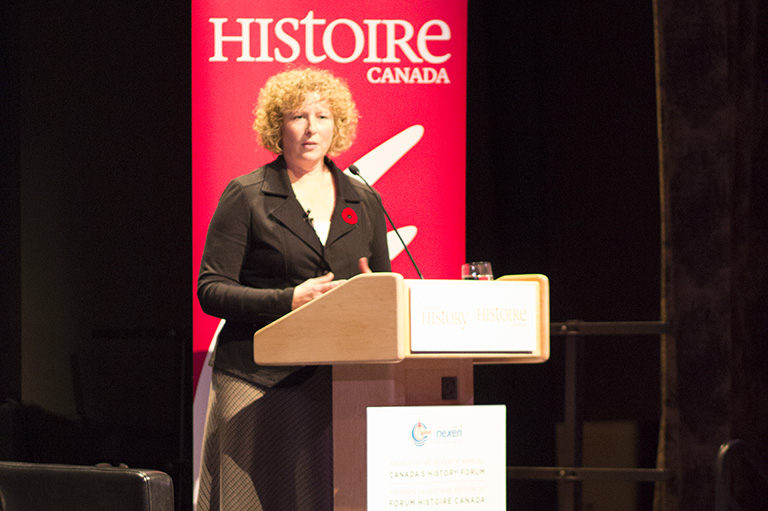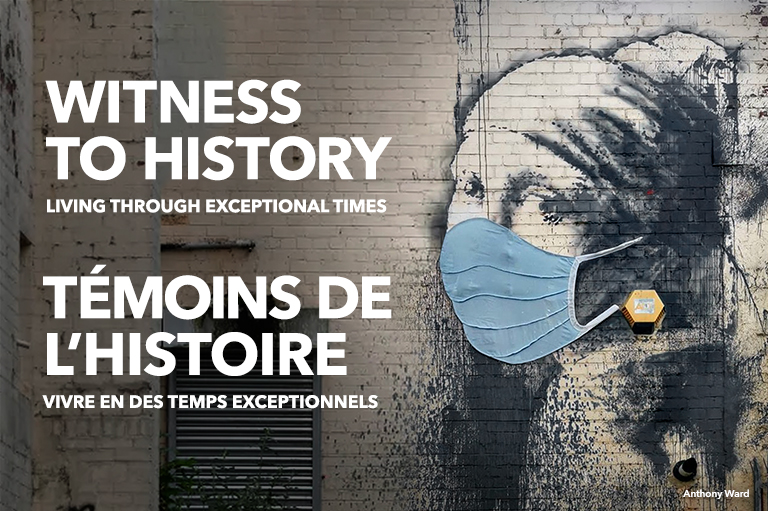Making History Relevant
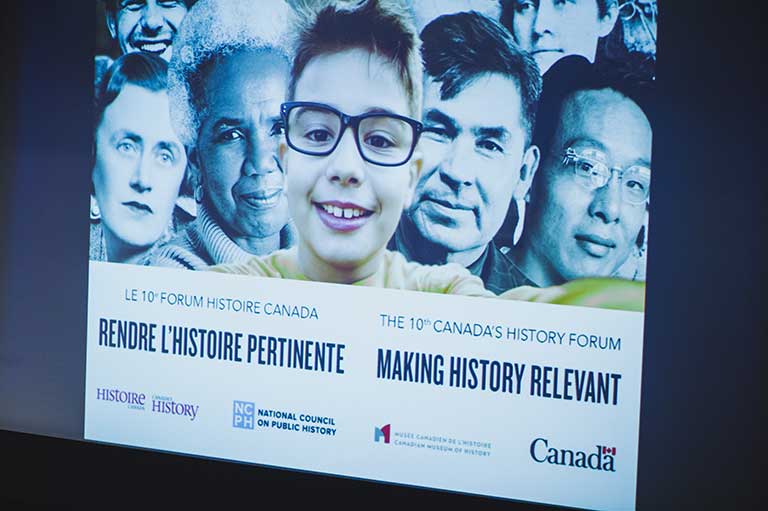
History is essential for understanding the complex issues that face us today. As individuals, communities, and nations, we engage with the past to help navigate both the present and the future. History trains us to be thinkers, innovators, leaders, and engaged citizens.
The need for authentic history has never been more important, but unfortunately, the experiences of the past are often misused, ignored, or forgotten by society. Making the case for history is not always easy.
In light of this trend, a group of concerned history professionals came together in 2013 to form the History Relevance Campaign. The group articulated the value of history and identified seven ways that the knowledge and practice of history is vital to individuals, communities, and the nation.
Inspired by their work, the 10th Canada’s History Forum welcomes speakers from North America to share why history is important in contemporary life, and to discuss how the core values of history — such as identity, empathy, leadership, and legacy —can be adapted and incorporated into our everyday work.
Presentations focus on what we can do as individuals and as communities to ensure that history has a vital role in the places we live and work. See the event programme.
Watch the Presentations
Themes associated with this article
Advertisement

